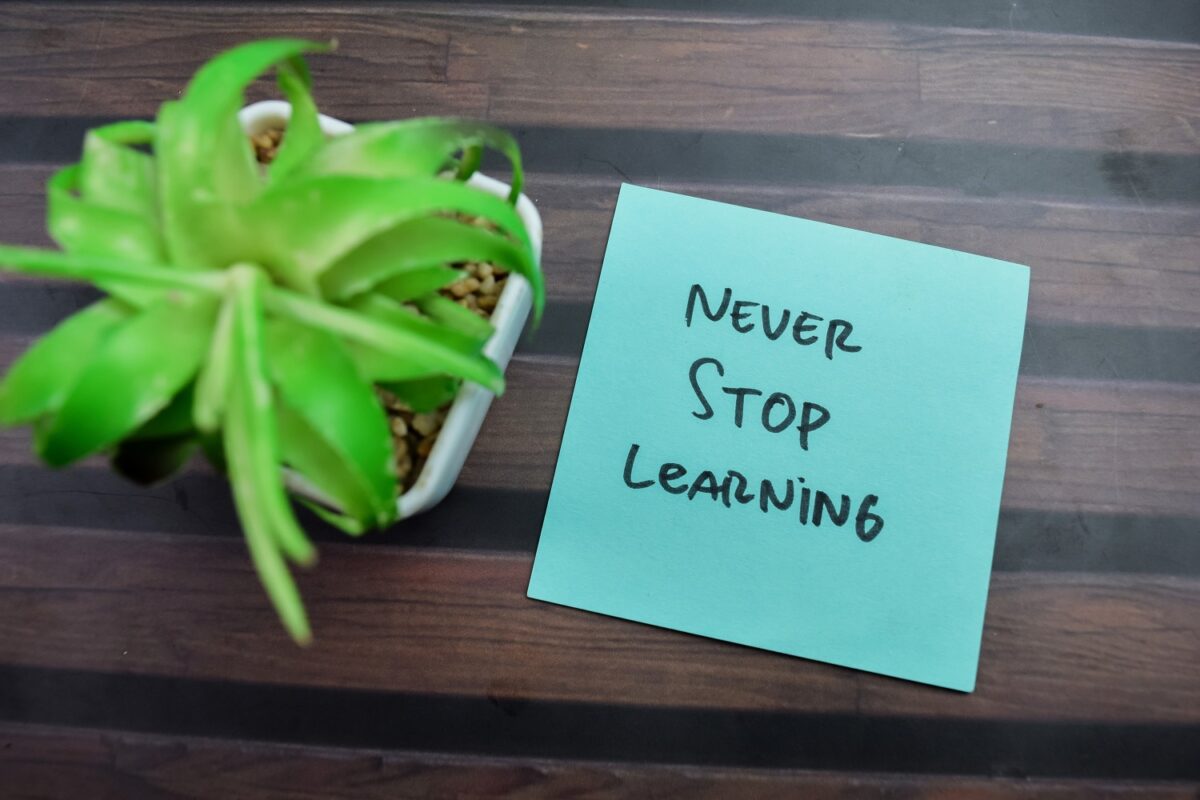19 June 2024
The Importance of Continuous Education
The pursuit of knowledge should not end with formal schooling. Continuous education, extending beyond the traditional classroom, is essential for personal and professional development. This lifelong journey of learning holds significant value in numerous aspects of life and is crucial in navigating the complexities of the modern world.
Firstly, the dynamic nature of the job market necessitates continuous education. Industries are constantly changing, with new technologies and methodologies emerging regularly. By engaging in continuous learning, individuals can stay abreast of these changes, thereby enhancing their employability and career progression. In many fields, remaining relevant requires a commitment to updating one’s skill set. For instance, professionals in technology, healthcare, and finance must constantly acquire new knowledge to keep pace with industry advancements. This adaptability is not just beneficial but often essential for career longevity and success.
Moreover, continuous education fosters intellectual growth and personal fulfilment. Learning new subjects and acquiring new skills can lead to a deeper understanding of the world and oneself. This not only enriches one’s life but also promotes mental agility and cognitive health. Studies have shown that engaging in lifelong learning activities can delay cognitive decline and improve overall brain function. Additionally, the sense of achievement and satisfaction derived from mastering new concepts or skills contributes to emotional well-being.
Engaging in diverse educational pursuits can also lead to discovering new passions and interests, contributing to a more rounded and satisfying life. Whether through formal courses, online tutorials, or self-directed study, the process of learning can be a source of joy and personal enrichment. It opens up new opportunities and experiences, encouraging a more curious and engaged approach to life.
Furthermore, continuous education promotes critical thinking and problem-solving skills. These abilities are increasingly important in a world where information is abundant but not always accurate. The ability to analyse, synthesise, and apply knowledge critically is invaluable, both professionally and personally. It empowers individuals to make informed decisions and contribute meaningfully to discussions and innovations within their fields.
Finally, continuous education is vital for societal progress. An educated populace is better equipped to address complex global issues, from environmental challenges to social inequalities. By committing to lifelong learning, individuals contribute to the collective advancement of society. Education fosters a more informed and active citizenry, capable of driving social change and advocating for justice and equality.
In essence, continuous education is a cornerstone of modern life, empowering individuals and communities to thrive in an ever-changing world. It bridges the gap between current abilities and future opportunities, ensuring that knowledge and skills evolve in tandem with the demands of the times. Whether for career advancement, personal growth, or societal contribution, the commitment to lifelong learning is an investment in a brighter, more adaptive future.


